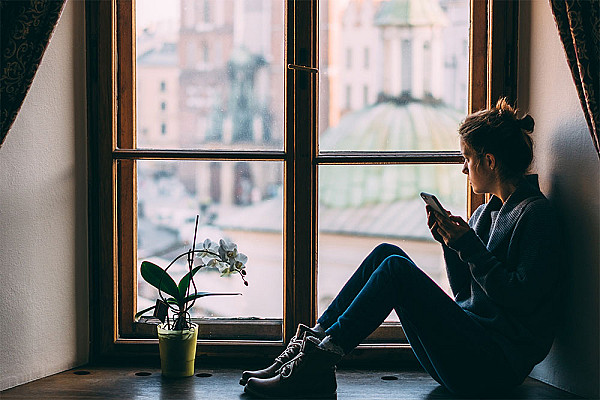Make a Referral to EDAN Lincs Refuge

'Single Point of Access' (SPA) for Domestic Abuse Safe Accommodation
A 'Single Point of Access' (SPA) is the central gateway for all referrals into the Domestic Abuse Safe Accommodation (DASA) - reducing barriers to accessing refuge accommodation.
There are two referral pathways: Professional and Self referrals. Referral forms can be accessed below for each pathway and emailed to lincsrefugespa@edanlincs.org.uk .
Eligibility criteria for referral into Refuge:
- Age 16 or over when accessing the service as an adult
- Recourse to public funds
- Fleeing or at risk of domestic abuse
- Willingness to engage with the service
- Exhaustion of other options such as target hardening or sanctuary schemes, with refuge as a last resort
Are you a professional wanting to make a referral to Refuge on behalf of someone you are working with?
If the person is not already being supported by a specialist service, call 01522 510041 Option 1 . Then click here to download a referral form after having a conversation and email it to lincsrefugespa@edanlincs.org.uk.
If the person is currently being supported by LDASS and has an allocated domestic abuse support worker call 01522 510041 Option 2 to speak to the LDASS Support Hub.
How to make a self referral to EDAN Lincs Refuge
 If you wish to source refuge accommodation or just want an informal chat about the process, please contact us by:
If you wish to source refuge accommodation or just want an informal chat about the process, please contact us by:
- Telephone: 01522 510041 (Option 1)
- Email: lincsrefugespa@edanlincs.org.uk
- Complete and email the self referral form
- Ask a professional to refer you
Opening Hours:
Monday - Friday: 8.30 am - 7 pm
Saturday: 10 am - 5 pm
Want to make a referral to Refuge?
First, consider your safety!
Your safety is the top priority when making a referral to refuge. Please take the following steps to protect yourself:
- Assess the Situation: Consider when it would be the safest time to reach out. Choose a moment when you are not at risk of being overheard or interrupted by the abuser.
- Use Discreet Communication: If you're using your phone to make contact, be sure to delete your call history and any relevant messages after reaching out, especially if there is a risk that the abuser may discover your actions. Consider using a secret phone that only you have access to, and ensure it's kept hidden and secure from the abuser.
- Clear Your Digital Footprint: Make sure to remove any traces of the referral from all devices if the abuser has access (or there is a chance they have access) to these, including web browsing history, text messages, and emails (if not secure) to ensure your privacy and safety.
- Get Support: If you need help or guidance in making the referral, consider reaching out to a trusted friend, family member, or professional who can assist you discreetly.
- If safe to do so, consider setting up a separate secure email account that only you know about and have access to, that can used to communicate with a refuge and those supporting you. Sometimes abusers manage to hack into/access emails, even without the victim realising so, if in any doubt, set up a new email using a password that only you would know.
Consider using Safe Spaces
If you are facing domestic abuse, it can be hard to know where to turn for support and how to go about doing it safely. It may be that your abuser is with you most of the time and monitoring your movements, leaving little opportunity to get help.
UK SAYS NO MORE has partnered with pharmacies, banks, and select jobcentres across the UK to offer Safe Spaces in their consultation rooms for those experiencing domestic abuse.
You can use a Safe Space in whatever way feels right for you. It offers a secure and discreet environment to connect with friends and family, as well as access specialised support services including Refuge support.
You can find out more about safe spaces here . You can also input your location, revealing your closest safe space.
Also, don't forget you can reach out to a professional for help and support, including your GP or any healthcare provider.
Out of Hours Support
If you need help finding refuge accommodation outside our office hours, please contact the freephone, 24-hour National Domestic Abuse Helpline:
Telephone: 0808 2000 247
Homepage - National Domestic Abuse Helpline
